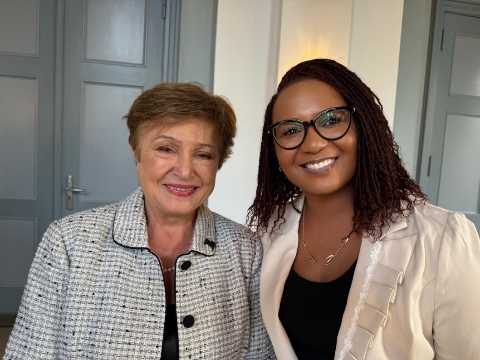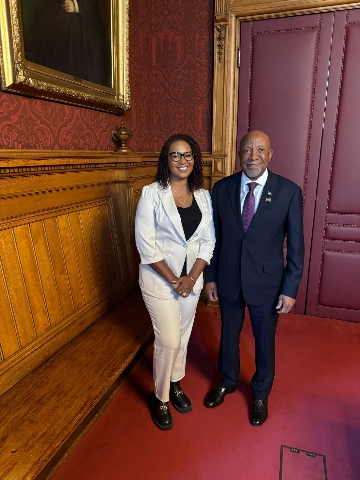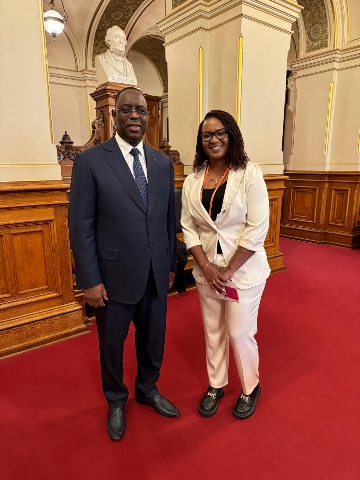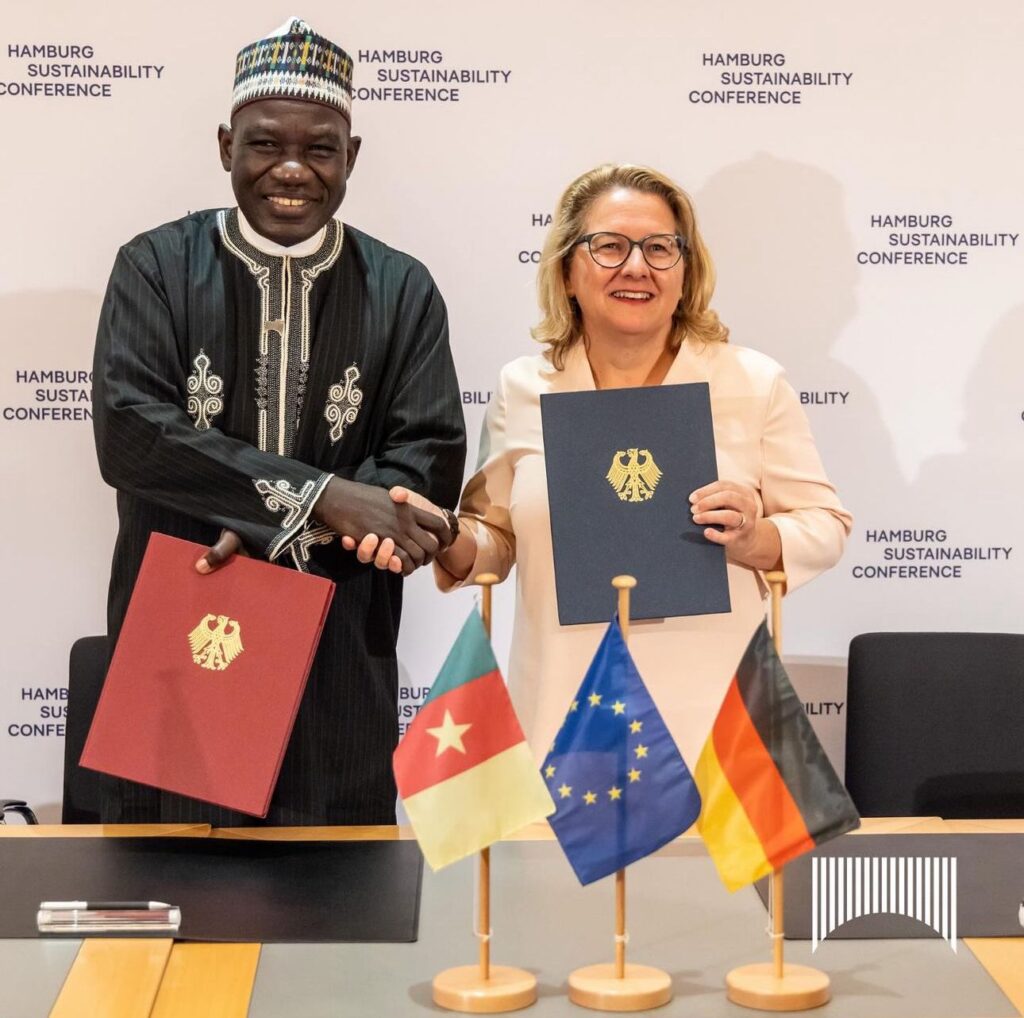Opinion article by : Josephine Mahachi
As an African journalist working for an international media organization, attending the first edition of the Hamburg Sustainability Conference (HSC2024) was more than just another assignment—it was an eye-opener. Like many others, I often find myself wondering, “How can Africa benefit from global initiatives like this?”
When a good friend and influential figure reached out to me on LinkedIn about the conference, I was skeptical. In a world seemingly saturated with conferences, I questioned: What makes this one different? And more importantly, what’s in it for Africa? But after scanning the list of speakers and participants, my curiosity was piqued. While I support African leaders hosting similar events rather than always being guests abroad, I was eager to see who would attend and why.
A quick check of my work schedule made it clear that the stars had aligned for me to attend. The process of accreditation, police checks, and securing interviews moved swiftly, and soon, I had my pass in hand. But I wasn’t going just to mingle—I was determined to ask the tough questions.

IMF Managing Director Kristalina Georgieva with Josephine Mahachi
One of the highlights was the opportunity to engage directly with International Monetary Fund (IMF) Managing Director, Kristalina Georgieva. As an African, I couldn’t help but ask why our continent is the IMF’s biggest borrower. Including Special Drawing Rights (SDR) credits, 48 African countries collectively owe the IMF a staggering USD 42.2 billion. That’s one-third of the IMF’s total outstanding credit. Why is Africa so reliant on the IMF, and what does this mean for our future? Food for thought, indeed.
Another key moment for me was sitting down with Namibian President Hage Geingob.

Josephine Mahachi with the Namibian President Nangolo Mbumba
I wanted to hear his thoughts on Namibia’s relationship with Germany, especially in light of the painful history of genocide during colonial rule. His response was candid and pointed. “It took time, but both sides now agree that genocide occurred,” he said. He explained that Germany was ready to apologize and that steps are being taken toward reparations, including efforts to return land to the families who had it stolen during those dark times. It was refreshing to hear a leader speak so openly about an issue that is often brushed under the carpet. However, as he noted, the road to reparations is long and must be navigated step by step.
Then there was a chance encounter with former Senegalese President Macky Sall.

Former Senegalese President Macky Sall with Josephine Mahachi
We exchanged pleasantries and briefly chatted about the conference. His future plans? A story for another day!
The conference itself was productive. With over 1,600 participants and more than 15 agreements forged, it was a reminder that sustainability is not just a buzzword. Governments, businesses, scientists, and civil society came together in Hamburg to breathe new life into the United Nations’ Sustainable Development Goals. These are not just lofty ambitions—they are concrete steps toward a more sustainable future.
As the conference drew to a close, I left with a sense of hope. Yes, there is still much work to be done, especially for Africa. But seeing the discussions unfold, the partnerships being formed, and the willingness of global leaders to engage gave me reason to believe that Africa’s future could indeed be brighter.
Until the next one, we keep hoping—for peace, for progress, and for a greater Africa.

